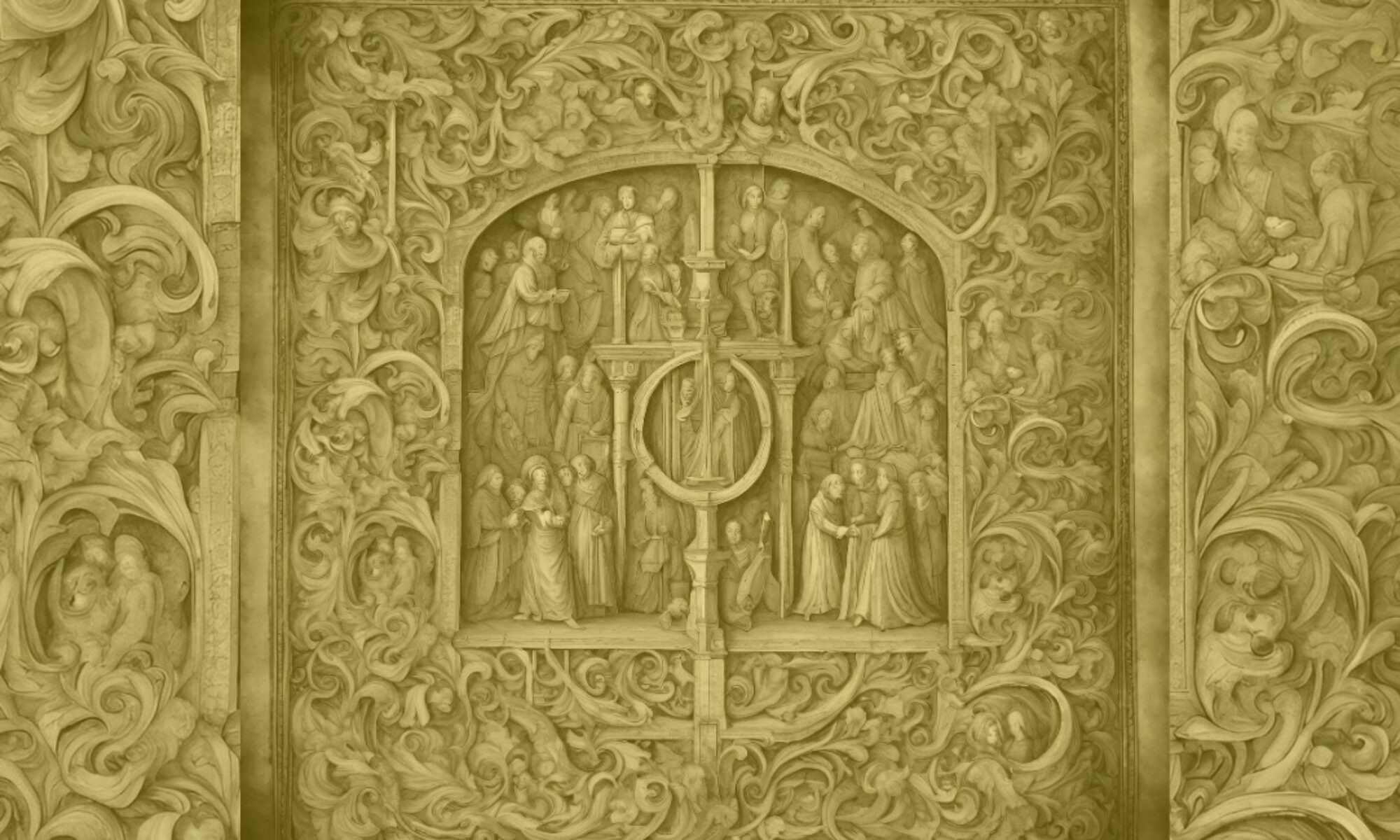Rodrigo’s talk is called “Immortal Mirrors: Homeric Gods as Psychological Personifications”
It would seem the rift between the representation of Iliadic and Odyssean gods is too wide to be reconcilable. And although multiple attempts have been made to address the issue—mostly focused on attributing the divergence to different authorship, or to the time elapsed between their creation, or even to the degree of temporal proximity to pre-Olympic deities—none have been truly satisfactory. The question, then, remains unanswered: Why are Homeric immortals so at odds with themselves? Based on the textual evidence of the Iliad and the Odyssey, this paper aims to provide an answer, the key for which, I suggest, may lie in the parallels found between divine conduct and heroic character.
To test this hypothesis—and following a brief survey of the known quantitative and qualitative differences separating the gods of each epic—this paper focuses on Athene and her relation to Achilles and Odysseus as the focal heroes of the Iliad and the Odyssey, respectively. A few episodes involving other gods help evaluate the results of this case study; the light they bring further dispels the darkness enveloping this godly mystery. In addition, a careful evaluation of Homeric word usage in the Greek text provides further grounds to support our conclusions. The final analysis reveals the Olympians as the personified psychological traits of Achilles and Odysseus, and the heroes as the mirrors and reason for which the immortals appear so changed in the Odyssey, as compared to the Iliad. Divine action, as a corollary, is often the personified consequence of human choice; in other words, the gods being mirrors of the heroic psyche, their actions become reflections of the heroes’ lives. Thus, the weight of moral judgment, if judge we must, is transferred onto the hero whom the gods reflect. Far from judging, though, the aim is to understand the chain of causation that leads each hero to his destiny, which may just be what Homer wished to teach.
About Rodrigo
Rodrigo Ruiz was raised in Tijuana, Mexico, where he enjoyed playing, as all children do, but also loved music and literature. Although barely able to reach the keyboard, he was drawn to a small Steinway spinet at home as if by magic; and it was magic and the wonderful tales of literature and myth that kept him awake many a night.
Hailed as “an astonishing composing talent” (Apple Music), Rodrigo regularly receives commissions from world-class musicians and ensembles. Behold the Stars, his debut, Dante-inspired album for Signum Classics—which features chamber music, including a violin sonata and piano trio performed by Kerenza Peacock, Laura van der Heijden, and Huw Watkins— rose to no. 13 on the Billboard Classical charts.
As an avid reader of classics, he regularly engages with literary and mythical works. One of these intense periods focusing on Shakespeare’s works not only resulted in one of his most recent compositions—”Venus & Adonis,” a song cycle commissioned by Grace Davidson—but also in “Love & Lust,” an archetypal reading of the myth and an attempt to disentangle the hidden meanings behind them. Rodrigo firmly believes that myth is there to teach, and we are here to learn.
Rodrigo holds a Bachelor of Music cum laude from Lawrence University and a Master of Music from the University of Michigan. Thanks to the generous help of the Joseph Campbell Scholarship, he is now pursuing a PhD in Mythological Studies at Pacifica Graduate Institute, investigating novel ways to fuse music and myth through opera, programmatic music, and other genre-bending works.
Rodrigo is fluent in Spanish, English, Italian and French. In his spare time, he takes joy in the outdoors, reading, and cooking for family and friends.









